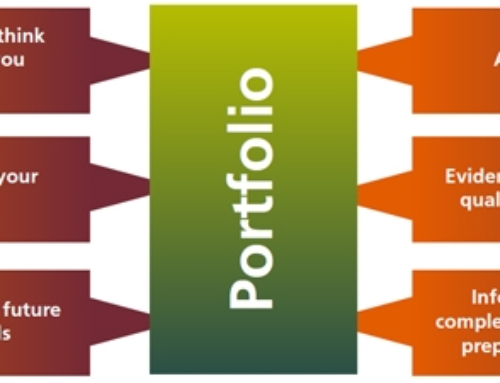Article by: Fred Kofman
The only way you can command a higher salary is to make your employer more money than anyone else who could do your job. You make money for your employer by producing profitable goods that will be bought by his customers (who are also his employers).This is why your employer is not your employer, but your employer’s employers.
Who’s Your Employer?
As the saying goes “Your customer is not your customer but your customer’s customer.” To be successful in selling your products or services to your customer, you need to make your customer successful in selling his products or services to his customer.
Value Is In The Eye Of The Beholder
You buy a product if and only if you prefer it to any other use to which you could put your money. The seller sells her product if and only if she prefers the money to any other use to which she could put her product.
One of the greatest revolutions in economics was the discovery that “value” is not an attribute of things per se but, rather, an assessment made by the person for whom the thing appears to be valuable.
The next time someone pleads with you, “But I worked so hard on this!” remember that If his product doesn’t help you achieve your goals, all his effort has been for naught. By the same logic, remember that your effort means nothing to your employer unless it helps him achieve his goals.
What Makes You Valuable?
- You are selling your labor to your employer.
- Your employer buys your labor if and only if he prefers it to anything else he could do with his money.
- Your value to your employer depends solely on his ability to derive extra gains from your labor.
Of course, he combines your labor with other factors of production, such as the labor of others, capital equipment, and natural resources, so it is not a simple matter to calculate your contribution to the mix. But even if it is only an approximation, your employer will be willing to pay you only up to the monetary value that your contribution has for him.
A rational employer, one that wants to stay in business rather than overpay you and be undercut by more rational competitors who will bear lower costs, will never pay you more than this; and he will prefer to pay you less.
How much less? The less cost, the more profit!
What Makes You Payable?
The upshot of all of this is that being “valuable” does not mean you are “payable.” Your ability to negotiate your compensation is not limited only by the value of your labor in terms of extra gains for your employer. It is also limited by your employer’s best alternative to a negotiated agreement with you.
Your employer’s alternative is to hire the next most valuable person, where “value” is the difference between the extra gains he could make by hiring her minus her compensation.
So for your employer to hire you and keep you employed, your compensation must be in line with that of anyone else who could do as good a job for him as you can.
This is why the only way you can command a better salary is for you to be more valuable to your employer than anyone else who could do your job. And therefore, the only way to raise your salary is to make a higher contribution to your employer than you are making now.
This means helping him serve his customers more profitably than he currently does.
Preparing For The Job Interview
Fred Kofman, Ph.D. in Economics, is Professor of Leadership and Coaching at the Conscious Business Center of the University Francisco Marroquín anda faculty member of Lean In. He is the author ofConscious Business, How to Build Value Through Values (also available as an audio program). Follow Fred below to stay up-to-date with his articles and updates.
Featured on:Your Career Posted by:






Leave A Comment
You must be logged in to post a comment.